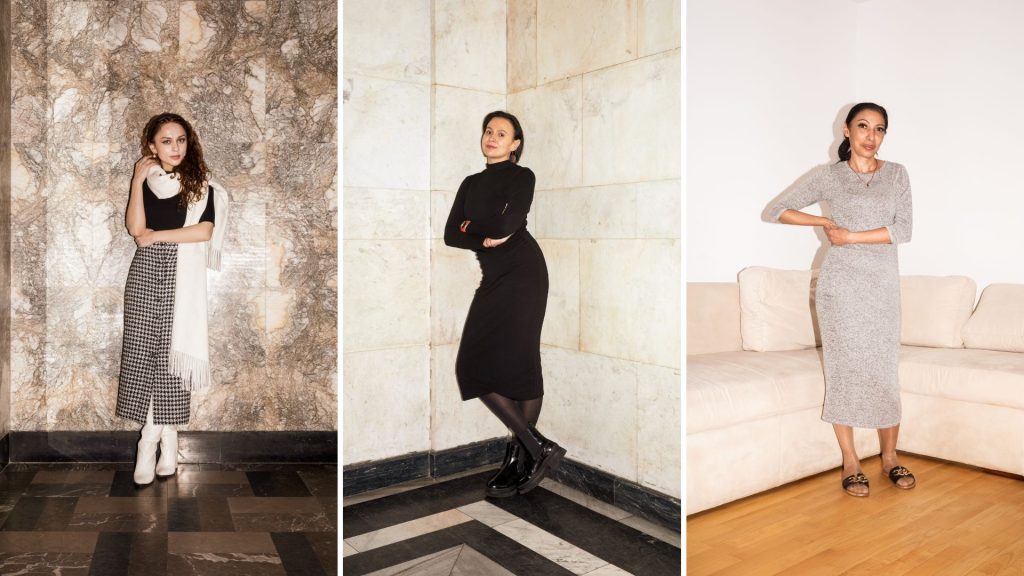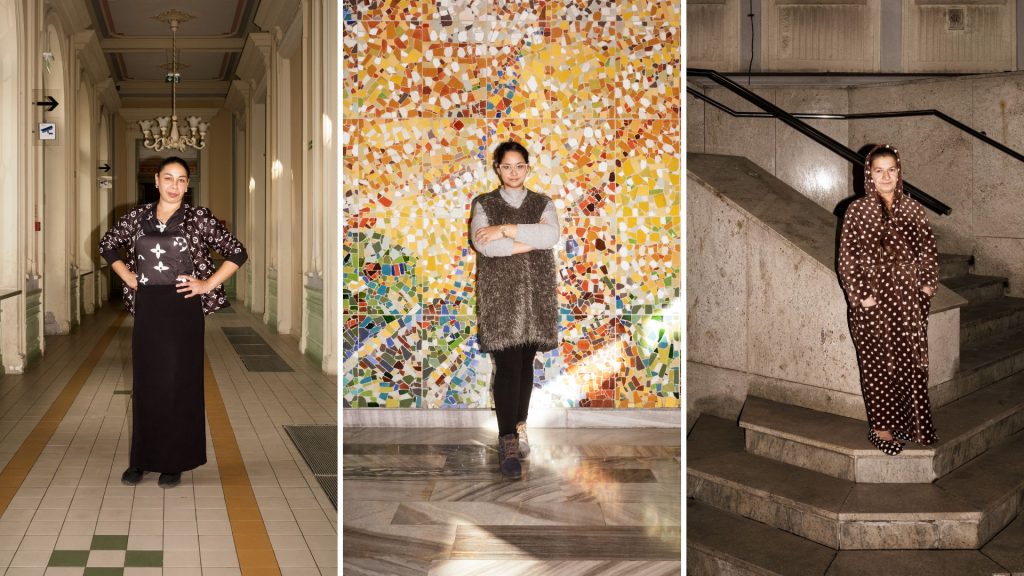We are independent, we are strong, and we make our dreams come true – that’s how 28-year-old Olena, a lawyer coming from Ukraine, when answeriing the question about what Roma women are like. Olena is one of 6 heroines of the second installment series about Roma women prepared by the Foundation Towards Dialogue. The goal of this campaign is clear – it’s time for Roma women to come out of shadows and tell their stories on their own terms and in their own words.
It is estimated that there were about 30,000 Roma ethnic people living in Poland. As a result of Russia’s invasion of Ukraine, the Roma community has grown to about 80,000 people. It is one of four ethnic minorities living in Poland. Despite it, knowledge about Roma in Polish society is worryingly low. Stereotypes rooted in the past dominate are creating a wall on the way of integration and understanding. Racism and systemic discrimination are a Roma daily reality. The fact that the Roma community lives in the diaspora means that their image is created by and according to the vision of the majority. Many myths have also grown up around women and their role in the Roma community. To change this, it is necessary to get to know each other. And this is the goal of the Foundation’s Towards Dialogue campaign, supported by the Heinrich Böll Foundation. Its protagonists are six women of Roma descent who told their stories on their own terms and in their own words.

Against stereotypes
Olena, Sonia, Monika, Natasha, Rada and Joanna – these are the names of Roma women who decided to speak up and tell others their stories. They are at different ages, they were born in different cities, have different professions. What unites them – besides their Roma roots – is the fact of acting for the benefit of others. The war in Ukraine played a significant role in it, and the Foundation Towards Dialogue united them. They confront stereotypes with their stories. Olena Vaidalovych is a lawyer who was the first Roma woman ever to speak at the UN at a forum on national minorities. Sonia Styrkacz teaches at the university, is pursuing a doctorate and is one of the few Roma psychologists in Poland. Monika Adler is a flesh-and-blood activist who supports refugees and refugee women with her work. Natasha Yazepchuk and Rada Sorochynska came to Poland from Ukraine and work in Warsaw as Roma community coordinators. Joanna Talewicz is an academic, researcher and activist, and co-founder of the Foundation Towards Dialogue.
Roma women have power
Her voice is amplified by Olena Vaidalovych, who, when asked “What does it mean for you to be Roma?” replies: “For me being Roma means being a fighter. Being a rebel because sometimes we go against the system to make sure that people have their rights and the ability to enforce them.” The stories of all six women have been published along with video and photos on www.fundacjawstronedialogu.pl/romki. The individual portraits will be published regularly until the end of the year on the Foundation’s social media – Facebook, Instagram and Tiktok.
The editor of Wysokie Obcasy, Paula Szewczyk, is the author of the texts. Photos were taken by Karol Grygoruk, RATS Agency.


O Fundacji W Stronę Dialogu:
Fundacja w Stronę Dialogu to czołowa organizacja działająca na rzecz społeczności romskiej w Polsce. Prowadzimy działania rzecznicze, niesiemy pomoc, reagujemy na nierówności, edukujemy, oddajemy sprawczość w ręce ludzi. Działamy na poziomie ogólnopolskim i międzynarodowym. Prowadzimy w Warszawie Centrum Społeczności Romskiej. Budujemy Polskę przyszłości – różnorodną, otwartą i wielokulturową, w której społeczność romska jest traktowana na równi z innymi.